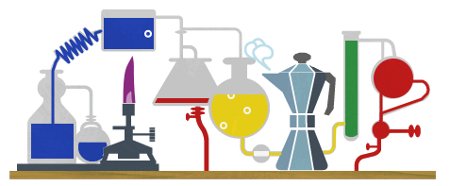Each semester, I have at least eight hours a week of “office hours”; time when students can come by for assistance with chemistry. Of the students wh0 drop in for office hours, it’s surprisingly easy to tell students who are likely to pass their courses from students who are likely to fail them.
The students who are likely to pass courses come by with questions related to things we’ve been doing in class. If they did poorly on an assignment, they bring the assignment in with them and ask specific questions about things they weren’t clear on. They bring in attempts to work the practice problems provided in their study guides. In short, they come in to see me to talk about chemistry, since I’ve got experience in helping people learn chemistry.
The students who are likely to fail courses show up at my office door, too. But they’re at my office for a different reason. They want to discuss, in abstract terms, why they did not do well on their tests. Grades come up a lot; these students want to know to the exact point what they need to make on their next test. But chemistry itself never seems to come up, unless I specifically mention it.
The key difference is that students who will likely succeed come by to discuss things related to the topic of the course. Students who will likely fail come by to discuss everything except the topic of the course. Food for thought.

